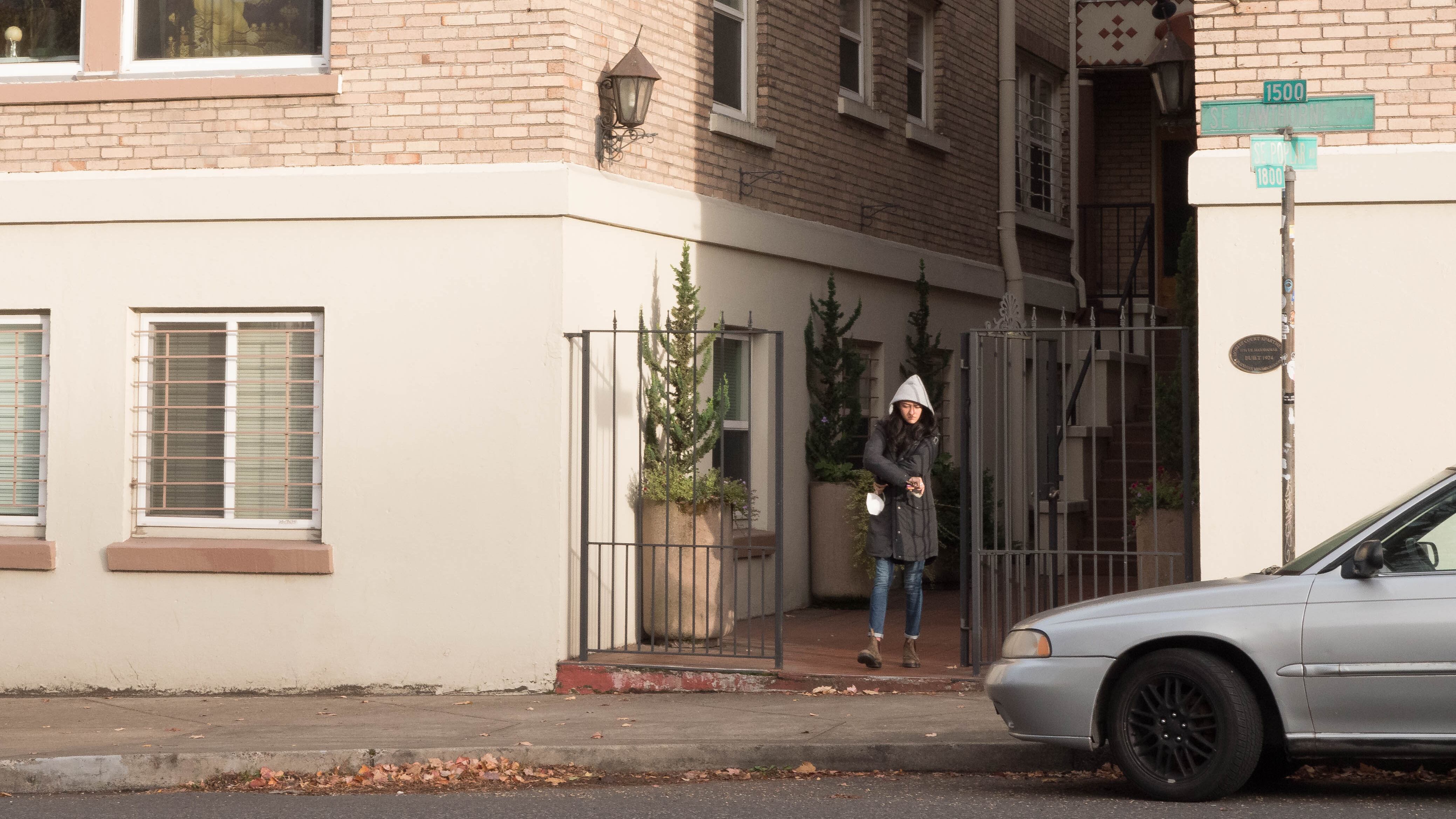State officials told reporters last week that the state had averted a disaster: The federal government is unlikely to demand unspent rental assistance money back.
That was a threat hanging over the state’s head because of how slowly Oregon is distributing checks to landlords. Instead, says Margaret Salazar, executive director of the agency that runs the program, Oregon Housing and Community Services, the state expects to receive more rental assistance dollars because of how well it stacks up against other states’ performance.
But there is a disconnect between the state’s report and the experience of tenants and landlords waiting in limbo: Though the state has either promised or cut checks for 71% of the available funds, that doesn’t mean it’s reached landlords yet—meaning landlords can still evict tenants in Multnomah County if they haven’t received a check within 90 days of the application.
“Despite our best efforts, OHCS, community action agencies and tenant advocates are increasingly concerned that some people who applied for the program may still be at risk of being evicted...this is unacceptable to us,” Salazar said.
“Landlords have made it clear that their patience has run out,” she continued. “They may begin evicting more people, even those who have applied for rental assistance. We’ve asked them to do the right thing, and we’ve reassured them that funds will continue to flow into their hands. But it’s likely not enough to stave off evictions.”
Some $70 million has been distributed to landlords thus far, OHCS reported—amounting to 10,722 households receiving assistance by Sept. 30. Another 7,028 households were in the final step of application review or had been submitted for funding but whose landlords had not yet received a check.
As of last week, the state had received a total of 38,000 applications since the program opened in May. Oregon is ranked eighth in the country in the percentage of funds distributed.
Of chief concern is that 40% of the applications still need to be processed, Salazar said—and a portion of those are now outside of the 60-day state eviction protection window.
For Multnomah County renters who applied for rental assistance on July 1—the day the eviction moratorium expired—the 90-day protections from applying for rental assistance expired Oct. 1. If a check hasn’t been cut for their landlord yet, they’re at risk of eviction.
In Multnomah County, there were 117 nonpayment flings in July, 169 in August, and 153 in September, according to the Oregon Law Center. Statewide there were 361, 463 and 475 in those same months, respectively.
But Becky Straus of the Oregon Law Center, the attorney leading the center’s eviction defense project, says those numbers reflect just a tiny portion of the overall number of people who have been displaced by the mere threat of eviction. That’s because many tenants will simply move after getting a notice of eviction before it ever reaches the courts.
“Those are all the under the radar in a way that court filings are not,” Straus says. “Those filing numbers, while they’re helpful in looking at trends, they’re just the tip of the iceberg around displacement of nonpayment for rent.”
Straus says the real number of those now vulnerable to nonpayment evictions, by OHCS’s estimates, is closer to 11,900 families whose applications have now outlived the safe harbor protection afforded by the state’s 60-day and Multnomah County’s 90-day protections.
Straus calls the minutiae of the process mere noise. In short, renters just need more time: “There’s a lot of noise in the details, but the point that the agency expressed, that the OLC expressed, is that renters have run out of time. And we need the governor or the Legislature to give renters more time so they don’t lose their homes.”
OHCS and OLC said as much during legislative hearings on Monday morning, urging the state to extend the protections immediately.
“A moratorium on nonpayment evictions until the backlog of applications can be cleared would be most protective of tenant households who have sought assistance,” Oregon Law Center director of legislative advocacy Sybil Hebb wrote to legislators. “Failing a moratorium, an extended safe harbor period, or some other solution that would allow sufficient time to process the backlog backlog, must be enacted.”
Gov. Brown’s spokesman Charles Boyle tells WW that Senate Bill 278, the law that afforded the protections, “did not contain provisions to extend Oregon’s eviction moratorium or safe harbor protections for tenants who have applied for rental assistance beyond 60 days, nor did the bill grant the governor authority to extend renter protections afforded under SB 278.”
Boyle says Brown “continues to work closely with legislators to explore potential solutions” and “continues to closely monitor and address the situation.”
This week, OHCS hired 40 more employees from its contracted outside vendor to help process applications faster, and the agency sent a letter to the U.S Treasury on Monday requesting more funds.
